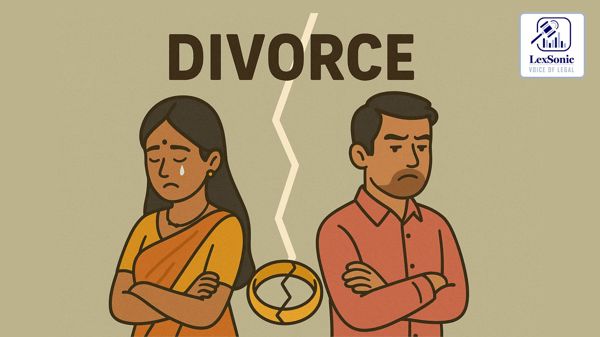Transfer of Marriage Petition Granted: Court Ruling Highlights Importance of Jurisdiction and Legal Aid.
25 September 2024
Civil Suits >> Civil & Consumer Law | Divorce Law >> Family Law | Domestic Violence >> Family Law
In a recent ruling, the court addressed a Miscellaneous Civil Application (MCA) between Sanjyot Nitin Telharkar v/s The State of Maharashtra & Another, concerning the transfer of a marriage petition, emphasizing the importance of jurisdiction and the challenges faced by litigants in accessing justice.
Background:
The applicant, represented by Mr. Ajgaonkar, a legal aid advocate, sought the transfer of Marriage Petition No. 71/2016, originally filed by the respondent-husband in the Civil Judge Senior Division, Vasai, to the Civil Judge Senior Division in Panvel. The applicant resides in Kamothe, near Panvel, which the court acknowledged as the more appropriate jurisdiction due to proximity and the significant hardships the applicant faced traveling to Vasai.

Court’s Consideration:
The court considered various factors impacting the applicant’s ability to attend proceedings, including her age (53) and the travel difficulties associated with public transport in the region. The court noted that undertaking such travel not only posed physical challenges but also added emotional and financial strain, especially given the outstanding maintenance payments owed to her.
The respondent's counterarguments revolved around his responsibilities as a caregiver to his elderly mother, who suffers from paralysis. While the court acknowledged this concern, it ultimately determined that the applicant's hardships outweighed those presented by the respondent.
Legal Precedents and Socio-Economic Considerations:
Referencing the Supreme Court's decision in N.C.V. Aishwarya vs. A.S. Saravana Karthik Sha, the ruling underscored the necessity of considering the wife's convenience and the broader socio-economic context when evaluating such transfer requests. The court highlighted that legal proceedings should not further exacerbate the already difficult circumstances faced by litigants, particularly women.
Conclusion and Directions:
The MCA was granted, and the court directed the swift transfer and re-registration of the case to the Civil Judge Senior Division in Panvel. Furthermore, recognizing the lengthy duration of the marriage petition, the court urged expedited hearings. In an important sidebar discussion, advocates raised concerns about the remuneration structure for legal aid attorneys, highlighting disparities between the prescribed fee schedules and actual payments. The court directed the High Court Legal Aid Services Committee to ensure adherence to established fee structures, reinforcing the need for fair compensation to maintain motivation and efficacy among legal aid representatives.
The decision not only facilitates the applicant's access to justice but also reinforces the critical role of legal aid in supporting marginalized litigants, ensuring they are not left without representation. This case serves as a reminder of the judiciary's responsibility to uphold the principles of justice, accessibility, and fairness within the legal system.
Protection of Women from Domestic Violence Act, 2005
